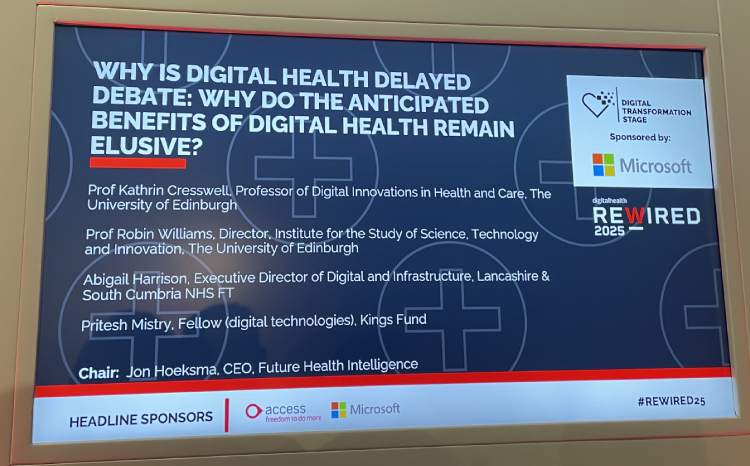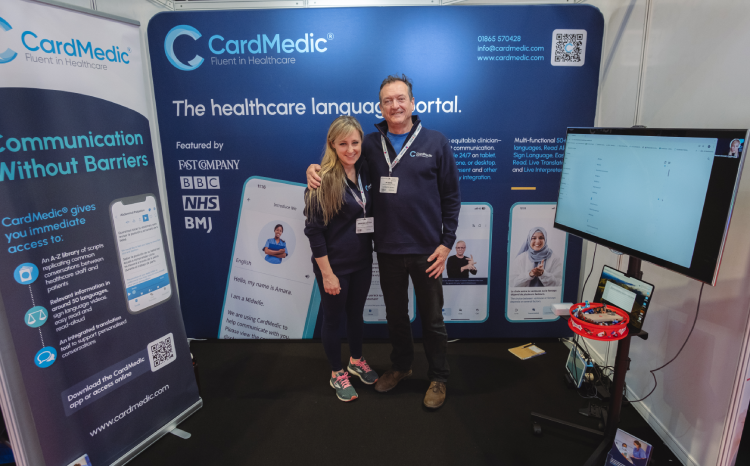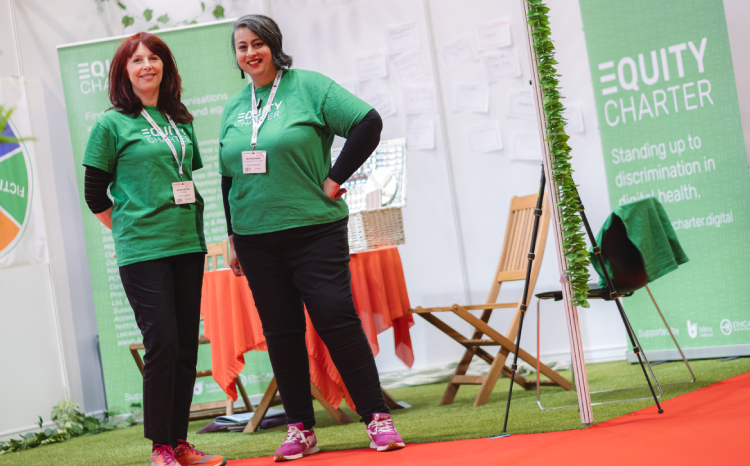‘Stop claiming digital solutions will improve productivity’
- 26 March 2025

- Speakers at Rewired 2025 last week called for "honest" conversations about digital's benefits
- Productivity is improved by "process improvement" not digital solutions, the panel agreed
- Rapid evaluations are needed to assess benefits, they also said in the closing session of the event on 19 March 2025
Digital’s benefits in the NHS are slow to emerge and too often limited to one part of the “siloed” system, said experts at Digital Health Rewired 2025.
“The idea that digital solutions can enable us to be more productive is flawed,” said Abigail Harrison, executive director of digital and infrastructure at Lancashire and South Cumbria NHS Foundation Trust.
Speaking at the closing session of Rewired25 at Birmingham NEC on 19 March 2025, Harrison called for a more realistic expectation of digital and a broader view of improvement and productivity.
“What we really need to do to improve productivity is focus on process improvement,” she said. “[You don’t] become more productive by putting a layer of digitisation on top of process. It’s certainly not a solution on its own.”
The King’s Fund’s Pritesh Mistry, fellow digital technologies, agreed: “If you digitise a broken process, you end up with a digitised broken process. It doesn’t fix it.”
Mistry said a “siloed” approach meant one part of the system could benefit from a technology while another “absorbed the impact”.
“For example, a patient portal might take up a lot of a clinician’s time, so they are not seeing the benefit. But the patient is.”
The panel also agreed that evaluations of digital often measured what was easily “measurable” rather than what was “important”.
“We measure proxies [for productivity] such as time saving,” said Kathrin Cresswell, professor of digital innovations in health and care at the University of Edinburgh.
“That tells us something, but it doesn’t tell us what [staff] will do with the time. In a sense we are measuring the wrong thing – productivity is not a benefit, it’s an outcome.
“The other problem is that [benefits] takes ages to materialise; and productivity goes down while they are materialising,” she added.
There is also a need to be more “honest” about the likely benefits of new digital solutions, agreed the panel.
“We need to have an honest conversation and stop signing off on business cases we all know are not going to deliver,” said Harrison.
The panel called for “rapid” evaluations of digital’s impacts, as conventional studies and reports tended to be out of date by the time they were published.
Robin Williams, director at the Institute for the Study of Science, Technology and Innovation, was asked to give a “flavour” of the forthcoming report on the NHS AI Lab, due in April. He said that while some trials had demonstrated “extraordinary success”, outcomes were “very uneven”.
“The benefits of AI are not about making one part of a huge pathway faster – you need to improve the process,” he added.
“We need to work out how to use AI to support transformation of process rather than one small part of it.”




